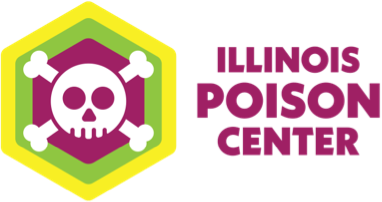Hazardous Household Waste
American households generate a lot of waste. Most of our garbage is suitable for normal garbage pick-up or recycling. Waste from many products, however, is considered hazardous because it can cause injury to humans, animals and the environment if thrown in the garbage, down the toilet or in sewers. Hazardous household waste should be dropped off at designated collection sites that have the special equipment and trained personnel to keep people and the environment safe.
What is household hazardous waste?
Household hazardous waste comes from products used for cleaning, home improvements, automobile maintenance, and lawn and garden care. These products contain ingredients that can harm humans, animals and the environment. Household hazardous waste can include:
- Harsh household chemical cleaners
- Paints/thinners
- Automotive products containing antifreeze fluids, motor oils and gasoline
- Weed killers
- Insecticide/pesticide
- Batteries
- Fluorescent light bulbs containing mercury
Look for Key Words on Labels
The label on a hazardous product will contain one or more of these words:
- Caution
- Danger
- Poison
- Warning
- Corrosive
- Flammable
- Explosive
- Oxidizer
- Irritant
- Environmental Hazard
What to do with hazardous household waste
- A product with any of the words above on its label should be taken to a household hazardous waste collection sites for disposal.
- Do not throw hazardous waste in with your trash, recycling or compost bins. The waste can harm animals and the environment.
Finding a disposal site
The Illinois Environmental Protection Agency (IEPA) sponsors five long-term collection sites in Naperville, Rockford, Chicago, Lake County and Madison County, as well as one-day collection sites at various times of the year. Information on the IEPA collection sites can be found here. You can also look for drop-off locations in your county, city or town—or a nearby county, municipality, municipal agency or commercial waste company. Contact your local government if you cannot find an IEPA-registered site near you.
IPC is here to help with any exposure to hazardous materials. Calls to our helpline, 1-800-222-1222, are free and confidential. Toxicology experts are available to answer your questions 24 hours a day, seven days a week.
